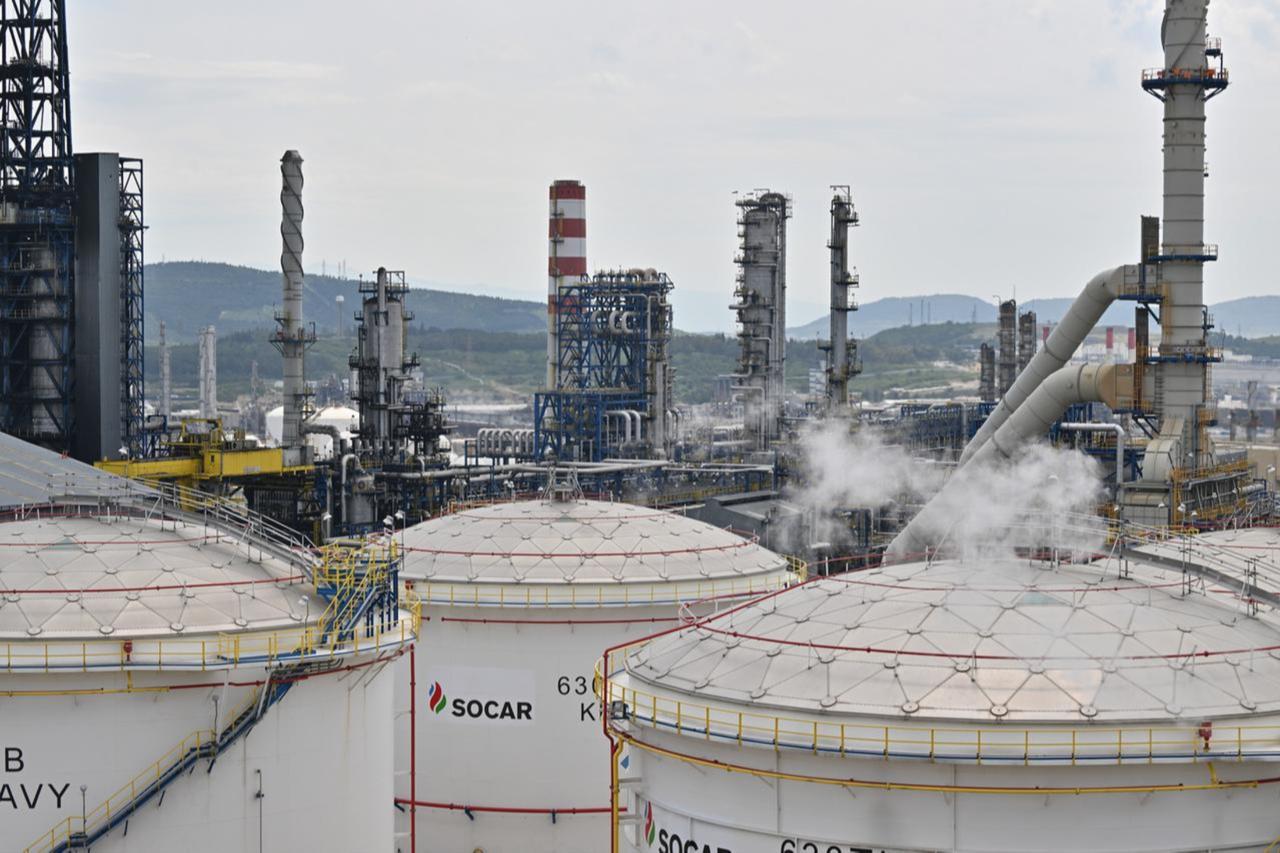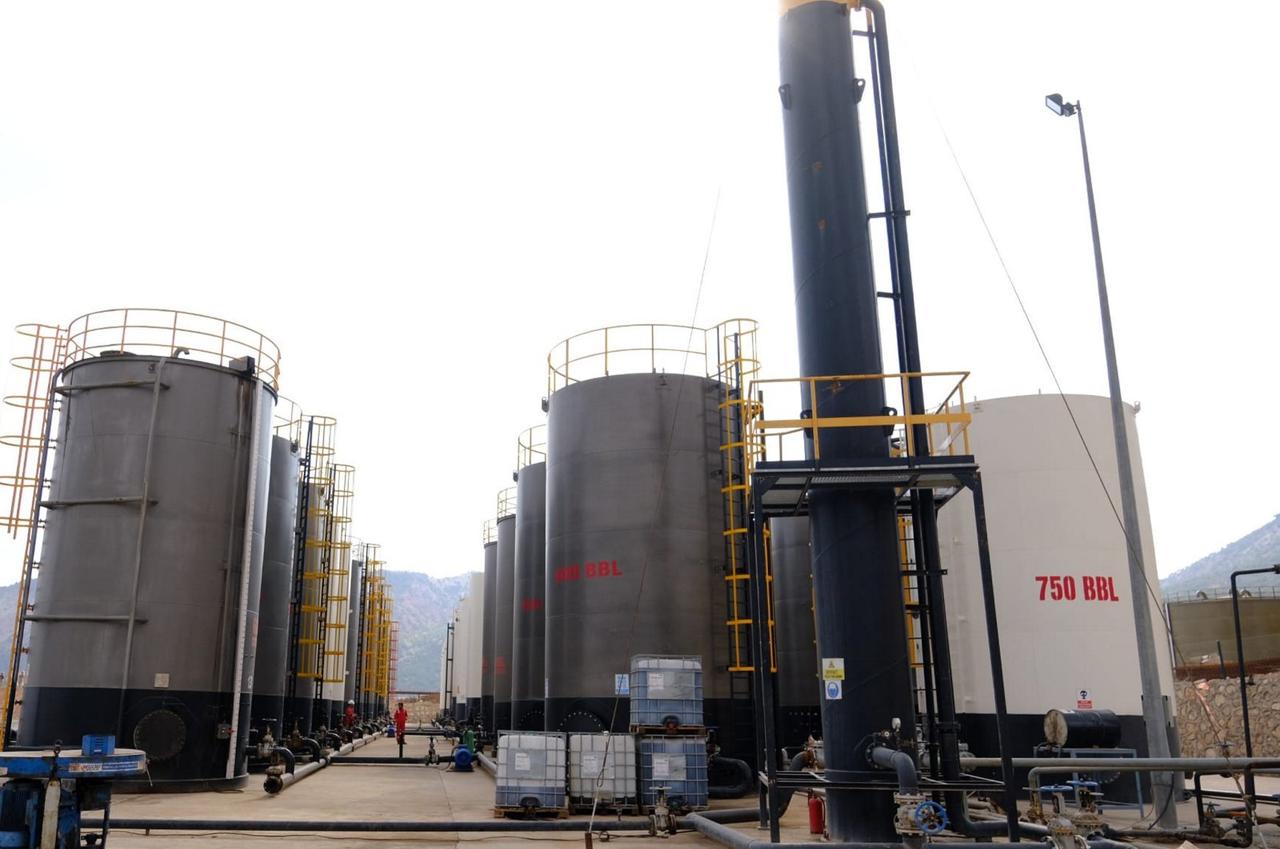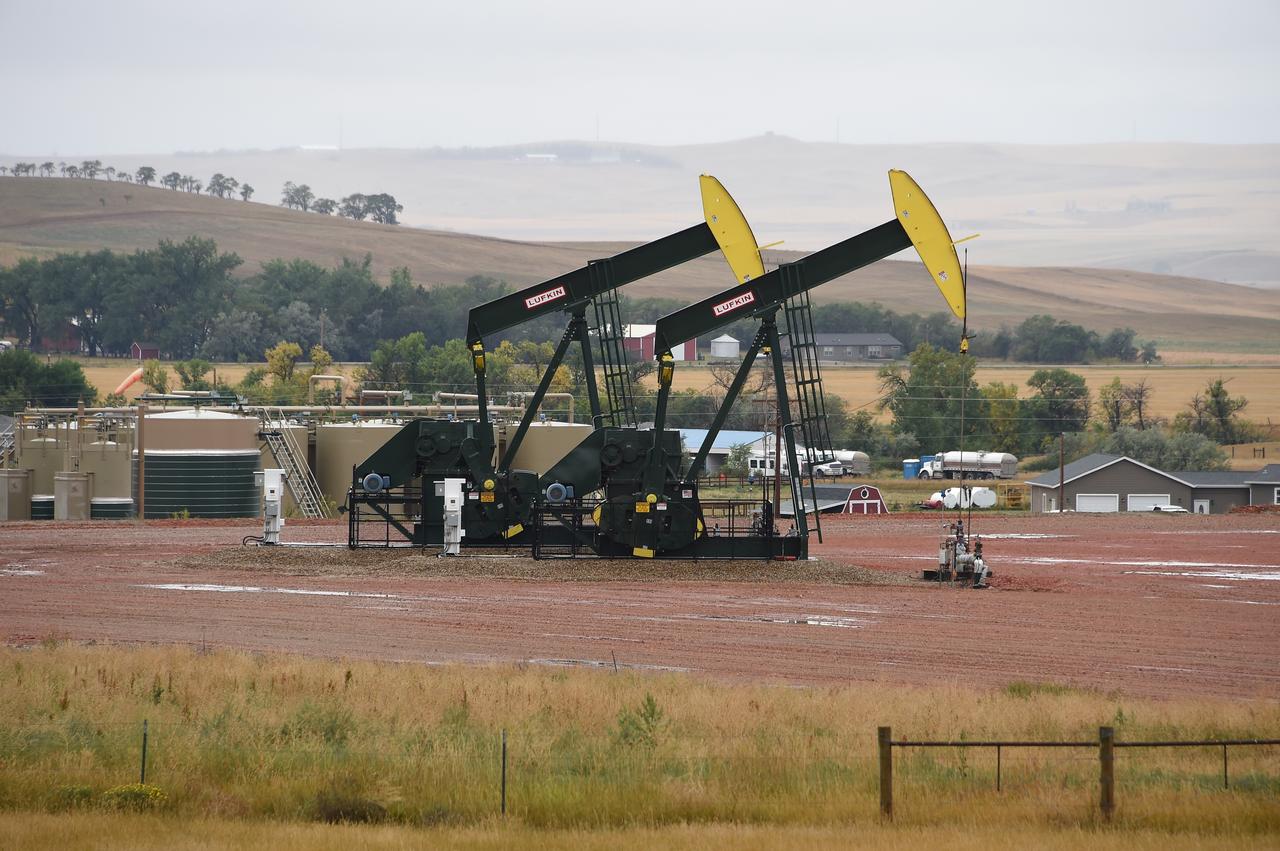
Türkiye is positioning itself for a significant shift in its energy landscape after new estimates pointed to a potentially vast shale oil reserve in the Diyarbakir Basin.
According to preliminary assessments by the U.S. producer Continental Resources, the basin may contain up to 6.1 billion barrels of recoverable shale oil.
The Energy and Natural Resources Minister Alparslan Bayraktar described the moment as entering “a period in which Diyarbakir may, with hundreds of wells, transform into a petroleum city if the project succeeds.”
If verified, the reserve size would place Türkiye ahead of several OPEC members, including Congo and Gabon, as well as major non-OPEC producers such as the United Kingdom.
The discovery has already set the stage for deeper cooperation between Continental Resources and Türkiye’s national oil company TPAO, which entered a joint venture earlier this year.
Officials say the region’s potential could surpass existing fields, with the minister noting that the Diyarbakır project “has the potential to be even bigger than Gabar” and could become “a game changer.”
Authorities argue that the basin’s geological profile now aligns with commercially viable extraction thanks to modern unconventional drilling technologies. With hundreds of wells planned, the area could ultimately transform Diyarbakir into Türkiye’s first major shale oil hub.

For decades, Türkiye relied overwhelmingly on imported fossil fuels, with external dependence reaching nearly 100% in both oil and natural gas.
That began to shift in 2016, when Ankara launched a national mining and energy strategy focused on diversifying supplies, boosting domestic output, and securing new reserves. The statistics show that in earlier years, Türkiye faced “99% dependency in natural gas and 92% in oil,” a pressure point Ankara sought to change through long-term policy reforms.
The results have been incremental but meaningful. Today, roughly 15% of Türkiye’s oil consumption and 16% of its natural gas needs are met by domestic production.
While dependence remains high, the downward trend indicates that the policy reforms, coupled with aggressive exploration, have started to pay off.
Until recently, unconventional resources such as shale oil and shale gas were considered either technically unreachable or economically unattractive. Yet modern extraction techniques have altered the global calculus, reviving interest in basins that had long been catalogued but never tapped.
Türkiye’s own shale-bearing formations from Southeastern Anatolia and Thrace to the Tuz Lake, Sivas, Erzurum, and Balikesir basins are now regarded as strategic assets.
In the early 2000s, the United States pioneered commercial shale extraction and now produces a substantial share of its own oil and gas through unconventional methods. The shift has turned the country into a major exporter, altering global energy flows.

Energy costs remain one of Türkiye’s most persistent macroeconomic pressures. Last year alone, the country paid roughly $65 billion for imported energy, which is a figure that directly shapes inflation dynamics, currency demand, and the current account deficit.
That is, every additional barrel or cubic meter produced domestically reduces the need for foreign currency outflows and helps ease external financing pressures.
Türkiye’s daily oil consumption stands at around 1 million barrels, while current production has climbed to approximately 150,000 barrels per day.
The minister highlighted the momentum achieved in southeastern fields, explaining that “around 3,600 engineers are working in Gabar” and that “80,000 barrels per day are produced” from the site, generating “nearly $2 billion annually” in economic value.
Reducing import dependency is viewed not only as an economic necessity but also as a cornerstone of national resilience. Lower external energy purchases directly support the current account balance.
Policymakers argue that increasing domestic supply will strengthen macroeconomic stability, especially as exploration expands in Diyarbakir under the new shale program.
The future of Türkiye’s shale ambitions depends on a combination of foreign expertise and domestic capability-building. Unconventional extraction remains technologically demanding, with much of the proprietary know-how concentrated in the United States. American firms have long dominated the sector and remain cautious about transferring advanced techniques to competitors such as China.
Türkiye’s strategy, therefore, involves a dual track of collaborating with U.S. partners where needed, while simultaneously strengthening local engineering and operational capacities.
The minister underscored that Türkiye will pursue “unconventional, fracturing-based methods to search for shale oil,” aiming to integrate technology partnerships while building its own capability.
Countries with both substantial reserves and the technological ability to develop them such as the United States and China exercise considerable leverage in global energy markets.
Türkiye hopes to move closer to this category by integrating advanced methods, scaling domestic expertise, and sustaining investment in exploration.
Just a decade ago, no oil had been discovered in the region, and even if exploration were possible, the threat of terrorism rendered any production activity extremely risky. Now, with security restored and infrastructure in place, the government has set its sights on new production targets.
If the Diyarbakir estimates are confirmed, the basin could mark a pivotal moment in Türkiye’s pursuit of strategic autonomy. By expanding domestic production, reducing import costs, and anchoring new industrial capabilities, the project has the potential to reshape the country’s energy architecture and strengthen its position in the evolving global market.